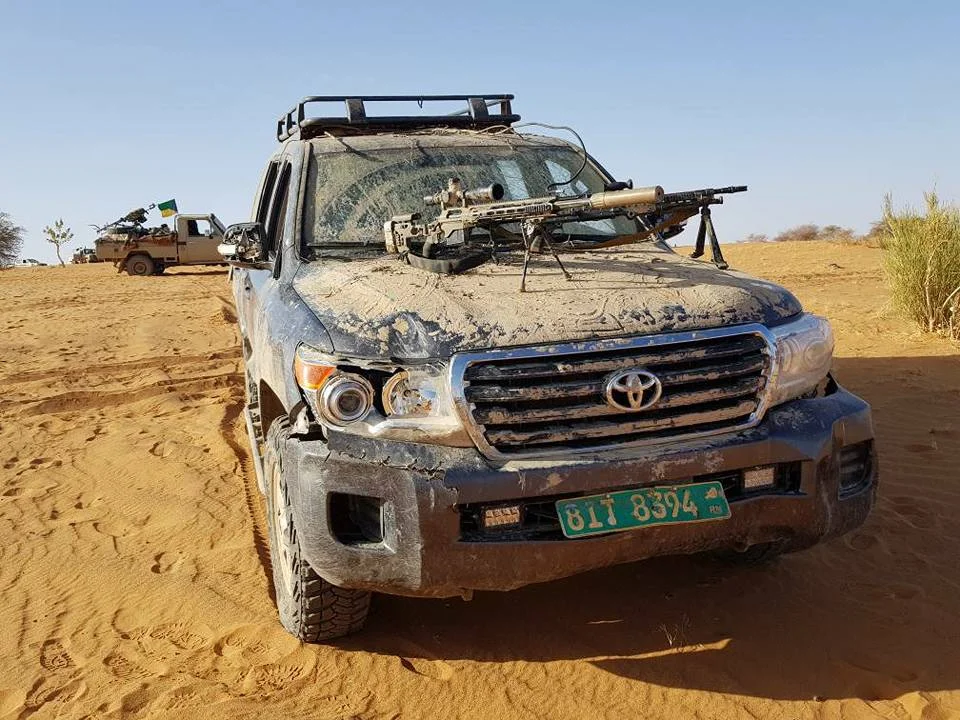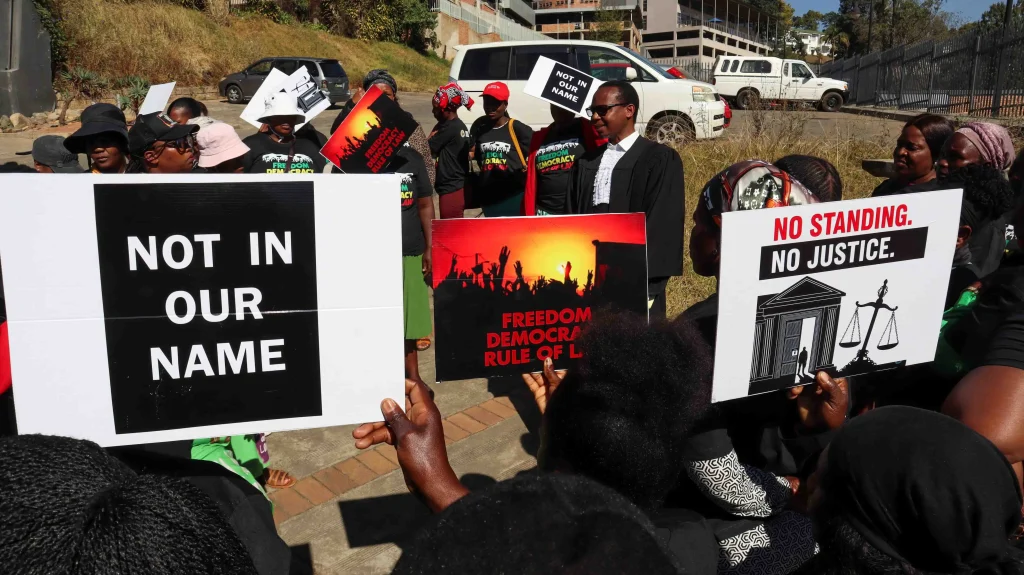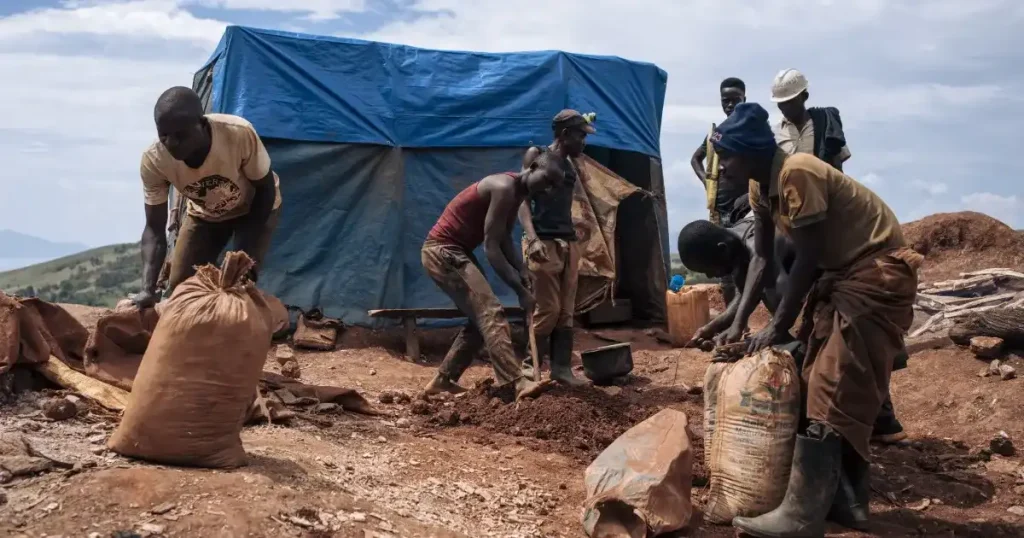The Pentagon has finished reviewing a 2017 ambush in Niger that resulted in the deaths of four U.S. soldiers. They have concluded that the discipline given to those involved was sufficient.
Acting Secretary of Defense Patrick Shanahan has accepted this conclusion, which came from a month-long review by four-star Army Gen. Robert Brown. This review did not go beyond what was already found in the initial investigation by the Special Operations Africa Command. Brown determined that the actions taken against junior officers were adequate.
After reviewing the findings, Shanahan stated, “I am satisfied that all findings, awards, and accountability actions were thorough and appropriate.”
A team of 12 Army special forces was working with 30 Nigerien troops on a mission to capture or kill a high-ranking Islamic State leader in West Africa. They were attacked and outnumbered by over 100 extremists with small arms just outside the village of Tongo Tongo.
The unclassified report released on Wednesday ends more than a year of reviews following the Pentagon’s internal investigation into the ambush that occurred on October 4, 2017. The report highlighted several failures and deficiencies that contributed to the tragedy but noted that “no single failure or deficiency” could be blamed for the attack.
The investigation led to 20 recommendations aimed at improving training, personnel turnover, equipment, and procedures.
The report indicated that U.S. forces had not trained together before deployment and did not conduct necessary battle drills with their Nigerien partners. The mission was planned quickly, with little attention to detail, due to time-sensitive intelligence received just hours before, which could have led to capturing a high-value target.
Investigators found that Special Operations Command in Africa lacked a system for approving urgent missions, allowing for last-minute operational decisions.
Nine individuals faced discipline, mostly receiving letters of reprimand or other administrative actions. The most senior officer punished was Maj. Gen. Marcus Hicks, who was in charge of special operations forces in Africa at the time of the attack.
This has raised concerns among some lawmakers and family members of the deceased soldiers, questioning whether junior officers were unfairly taking the blame.
Rep. Ruben Gallego, D-Ariz., criticized the military’s handling of the investigation, stating, “From the beginning, the investigation into what happened that day has been poorly managed at all levels. Mistakes were made that cost these men their lives. Their families and the American public deserve clear answers about what happened, who is accountable, and what will be done to prevent this in the future.”
Rep. Frederica Wilson, D-Fla., pointed out that one senior official involved was even considered for a promotion, expressing her disappointment. She said, “Shanahan’s failure to hold senior commanders accountable is baffling and shows what happens when someone unqualified is given such a complex task,” noting Shanahan’s lack of military experience.
Wilson’s constituent, Army Sgt. La David T. Johnson, was one of the soldiers killed. She mentioned that he was sent on the mission without proper intelligence or equipment, making him “woefully unprepared for counterterrorism operations.”
She emphasized that the families are still seeking answers and that the Pentagon’s failure to provide them has reopened wounds that cannot be healed by awards or insufficient reports.
The Pentagon announced that the Army has approved nine awards for valor, including four given posthumously to the soldiers who died in the ambush.
The soldiers killed in the attack were Johnson, 25, from Miami Gardens, Florida; Staff Sgt. Bryan C. Black, 35, from Puyallup, Washington; Staff Sgt. Jeremiah W. Johnson, 39, from Springboro, Ohio; and Staff Sgt. Dustin M. Wright, 29, from Lyons, Georgia.
Four Nigerien soldiers were also killed, and two American soldiers and eight Nigerien troops were injured.
Wright and La David Johnson received the Silver Star; Black and Jeremiah Johnson were awarded the Bronze Star with V for valor. Jeremiah Johnson was also posthumously promoted to Sgt. 1st Class.
In response to the ambush, the U.S. military in Africa has taken steps to enhance the security of troops, including adding armed drones and armored vehicles and closely evaluating when American forces work with local troops. As a result, teams on patrol in Africa will not be placed in uncovered positions, according to the Defense Department.
In November, the Pentagon announced plans to reduce its counterterrorism forces in Africa over the coming years, aligning with the Trump administration’s view that the primary threat to U.S. security comes from strategic competition with China and Russia, rather than extremist groups like the Islamic State.























